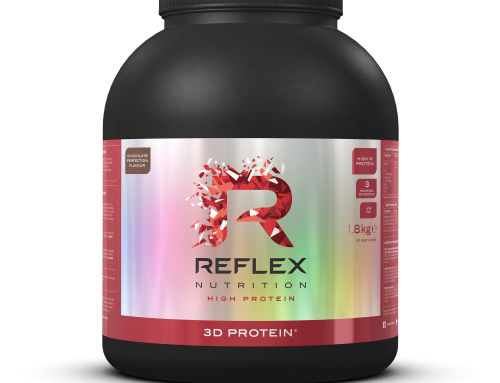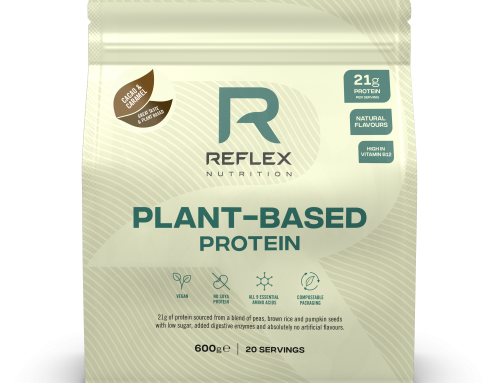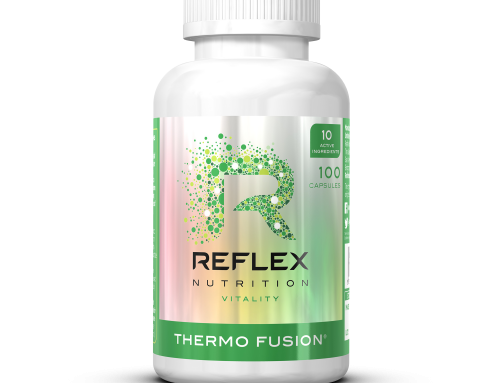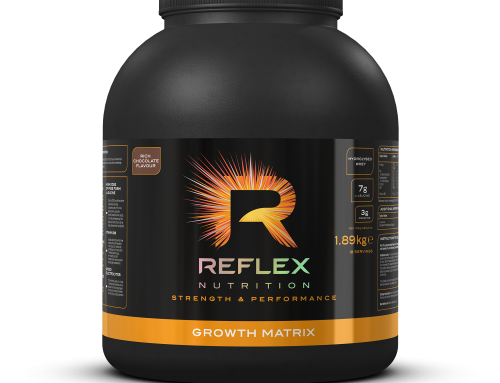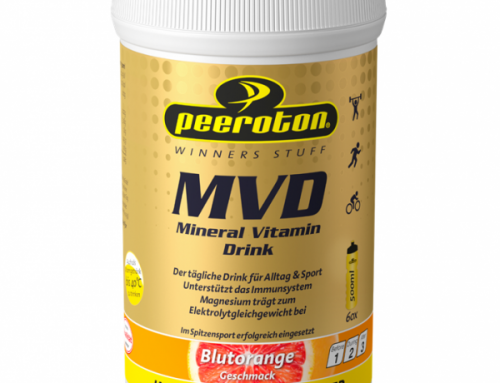Peeroton Plus Carbohydrate Review
Plus Carbohydrate is a supplement from Austrian based company Peerton. The claims of this supplement state that it provides a long lasting energy supply and is optimal for use in preparation before endurance events. This review will aim to assess the ingredients in this product to see if can back up these claims.
Ingredients
Maltodextrin
Maltodextrin is a polysaccharide which is a complex carbohydrate. This ingredient is water soluble and unlike other carbohydrates, is easily digestible (1) and can give a quick release of energy without any spikes of glycaemia (2).
Inositol
Inositol is an ingredient similar to glucose. It has been found to enhance intracellular calcium signalling (3) as well as reducing blood glucose levels, however more research needs to be done on this topic as it has not been fully proven (4).
Vegetable oils (octacosanol)
Vegetable oil can be used in many diets, one of the main uses of this product is that it can raise LDL cholesterol and lower HDL cholesterol and lipoproteins (5). Octacosanol is a natural product extracted from plants (5). It has been found to lower LDL and increase HDL (6). Other benefits have been an increase in strength and reaction as it can affect the nervous system (7). Improved stamina and exercise capability has also been observed (7).
Sweetener sodium saccharin
Sodium saccharin is a sweetener that is calorie free. This ingredient is used in many products and is used to make the product taste sweeter and does not have any nutritional benefit.
Sodium cyclamate
Sodium cyclamate is a sweetener that is calorie free. This ingredient is used in many products and is used to make the product taste sweeter and does not have any nutritional benefit.
Acesulfame
Acesulfame K is a sweetener that is calorie free. This ingredient is used in many products and is used to make the product taste sweeter and does not have any nutritional benefit.
Thiamine hydrochloride (vitamin B1)
Thiamine is also known as vitamin B1 (8) and is essential in carbohydrate metabolism and oxidation (9). The reported effect that have been found includes, a decrease in heart rate, blood glucose and lactate concentrations (10).
Summary
This supplement does include a form of carbohydrate as well as some ingredients that help aid in the metabolism of energy. Although this supplement will provide energy there is no evidence that any of these ingredients can provide a long lasting energy supply. This product is recommended to be taken pre-exercise. This supplement has no banned substances when referring to the WADA prohibited list when observing the label/ingredients posted on the website.
*NOTE – This product has not been tested in a laboratory and may contain other substances that may not appear on the label
References
1 – Haralampu, S. G. (2000). Resistant starch—a review of the physical properties and biological impact of RS< sub>
3. Carbohydrate polymers, 41(3), 285-292.
2 – Roberts, M., Lockwood, C., Dalbo, V. J., Tucker, P., Frye, A., Polk, R., … & Kerksick, C. (2009). Ingestion of a high molecular weight modified waxy maize starch alters metabolic responses to prolonged exercise in trained cyclists. In FASEB abstract.
3 – Berridge, M. J., & Irvine, R. F. (1989). Inositol phosphates and cell signalling.
4 – Dyck, P. J., Zimmerman, B. R., Vilen, T. H., Minnerath, S. R., Karnes, J. L., Yao, J. K., & Poduslo, J. F. (1988). Nerve glucose, fructose, sorbitol, myo-inositol, and fiber degeneration and regeneration in diabetic neuropathy. New England Journal of Medicine, 319(9), 542-548.
5 – Taylor, J. C., Rapport, L., & Lockwood, G. B. (2003). Octacosanol in human health. Nutrition, 19(2), 192-195.
6 – Castano, G., Mas, R., Fernandez, L., Fernandez, J. C., Illnait, J., Lopez, L. E., & Alvarez, E. (2000). Effects of policosanol on postmenopausal women with type II hypercholesterolemia. Gynecological endocrinology, 14(3), 187-195.
7 – Kim, H., Park, S., Han, D. S., & Park, T. (2003). Octacosanol supplementation increases running endurance time and improves biochemical parameters after exhaustion in trained rats. Journal of medicinal food, 6(4), 345-351.
8 – Webster, M. J., Scheett, T. P., Doyle, M. R., & Branz, M. (1997). The effect of a thiamin derivative on exercise performance. European journal of applied physiology and occupational physiology, 75(6), 520-524.
9 – Davis, R. E., & Icke, G. C. (1983). Clinical chemistry of thiamin. Advances in clinical chemistry, 23, 93.
10 – Knippel, M., Mauri, L., Belluschi, R., Bana, G., Galli, C., Pusterla, G. L., . & Troina, E. (1986). The action of thiamin on the production of lactic acid in cyclists. Med Sport, 39(1), 11.
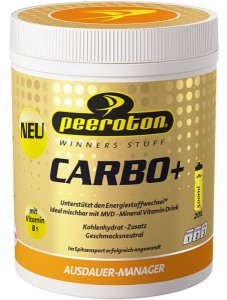
| Use for | Endurance |
| Website | Peeroton.com |
| Price | €25.90 |
